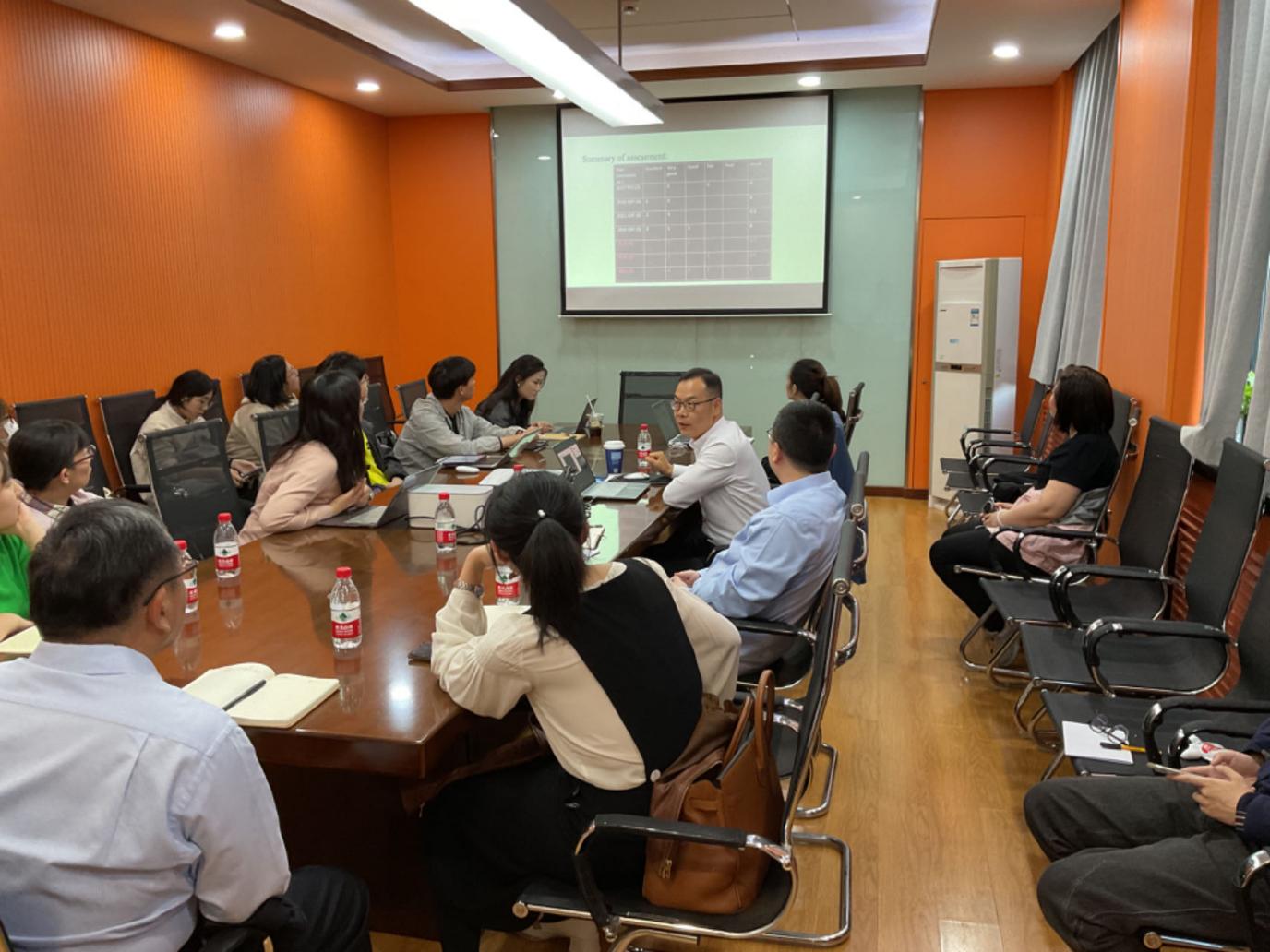Dr. Li Bo, Associate Professor from Lingnan University in Hong Kong, China, was invited to the College of Foreign Languages of Nankai University to give two fascinating lectures to the faculty and students. The lectures were titled "Selection of Topics, Research Methods, Writing and Publishing of Translation History Research" and "The Study of Western Medicine Advertisements in Early Chinese Newspapers in Hong Kong: A Case Study of the Chinese Mail (1895-1910)".

In the first lecture, Dr. Li made a systematic exposition on the importance of the study of translation history. He pointed out that in recent years, scholars have not only focused on translators and translations, as well as the interaction between translation and publication, society and culture, and some scholars have even begun to theorize the history of translation. Dr. Li has placed his research focus on the history of translation in Hong Kong, especially on the history of periodical translation in the early 20th century. With the breakthrough made in the selection of topics, he set up many projects and received multiple grants from the Hong Kong Research Grants Council of China. He has also published a number of papers in major international translation research journals. In this lecture, Dr. Li discussed on the research on translation history in terms of topic selection, fund application, academic paper writing and publication, providing guidance and inspiration for students who are new to the field.
In the second lecture, Dr. Li took The Chinese Mail as an example and examined in detail the advertisements for Chinese and Western medicines published in Hong Kong’s early Chinese-language newspapers. Dr. Li believes that Hong Kong witnessed the birth of early Chinese newspapers, as a place where Chinese and western culture converges. In a survey of Hong Kong’s leading Chinese newspaper, The Chinese Mail, from 1895 to 1910, Dr. Li did a comparative study on a series of advertisements for the most common western pharmaceutical products in both Chinese and English newspapers in Hong Kong during the period. He provided an in-depth description of how these English advertisements were rewritten into Chinese, in ways of describing the symptoms of the illnesses in traditional Chinese medicine terms, adding contraindications, and adopting graphic illustrations.
During the Q&A session, Dr. Li answered questions from the attendees regarding the translation in the early Chinese newspapers in Hong Kong with the attendees who felt enlightened greatly. The event ended in heated discussions.



